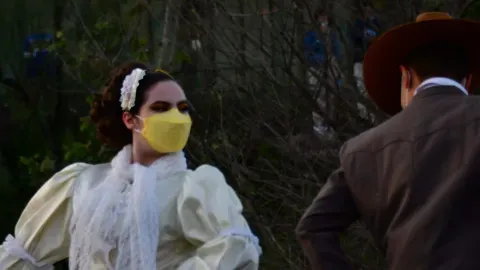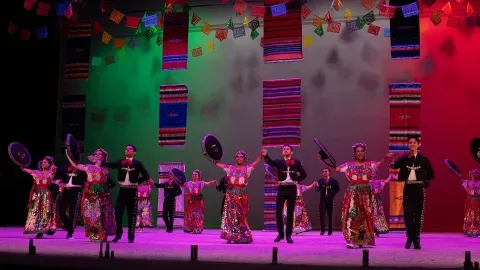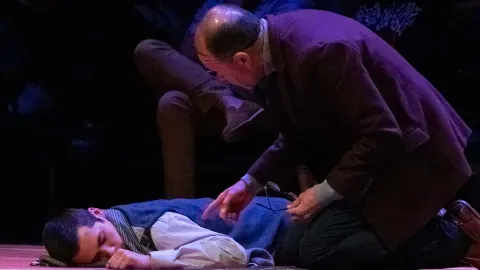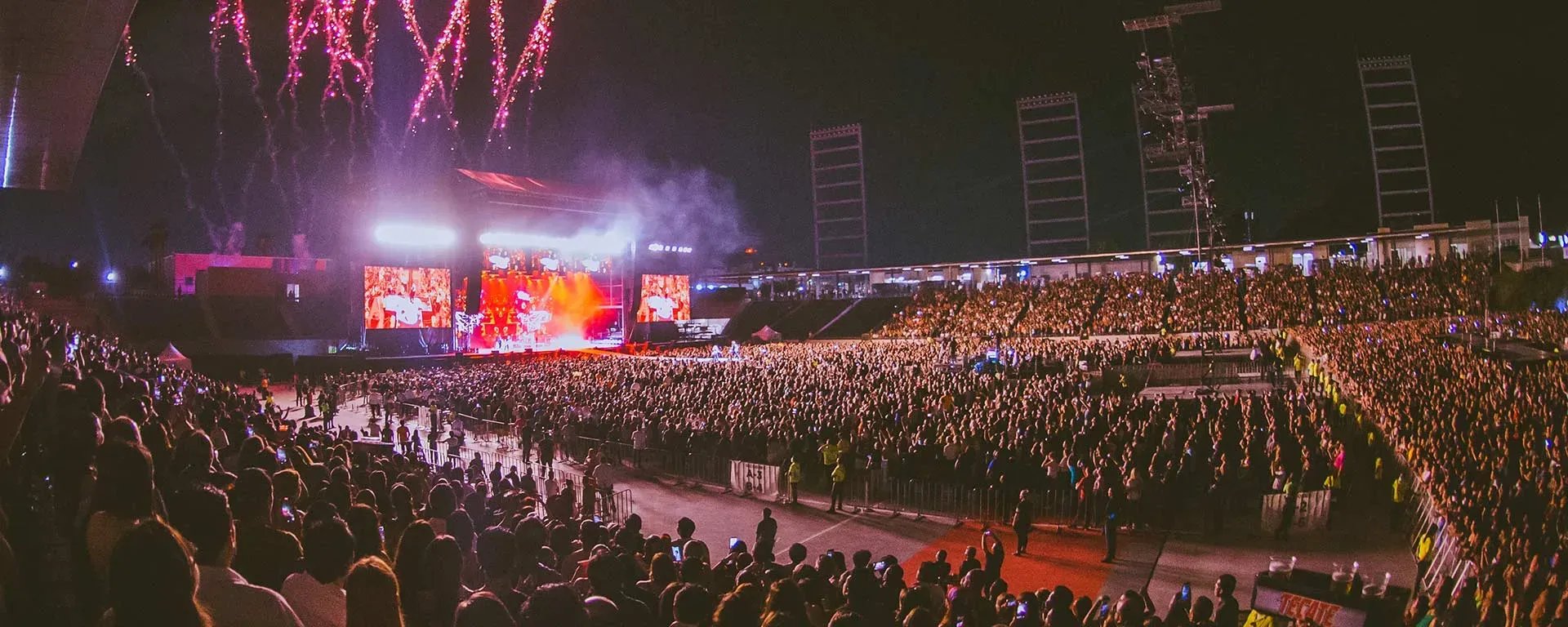Theatrical

Located in the heart of the Monterrey campus, the Luis Elizondo Auditorium is a scenic complex of great scope in its field, with a capacity of 1,750 seats, it can host world-class theater, fashion and business events.
At Tecnologico de Monterrey we consider theater to be one of the oldest cultural and artistic activities known to mankind. Being one of the performing arts that take place on a stage, and that consists of the recreation of one or several stories of different kinds through actors, speeches, music and scenery.
This format of events has been cultivated throughout history for different purposes, being a versatile way of presenting different states of mind of the different authors and creators of the staging, this of course always understood as a tool to communicate ideas in a way massive. Same tool that led the ancient Greeks to use it as an instrument of religious and civic education, staging their myths, comic stories and their already famous tragedies.
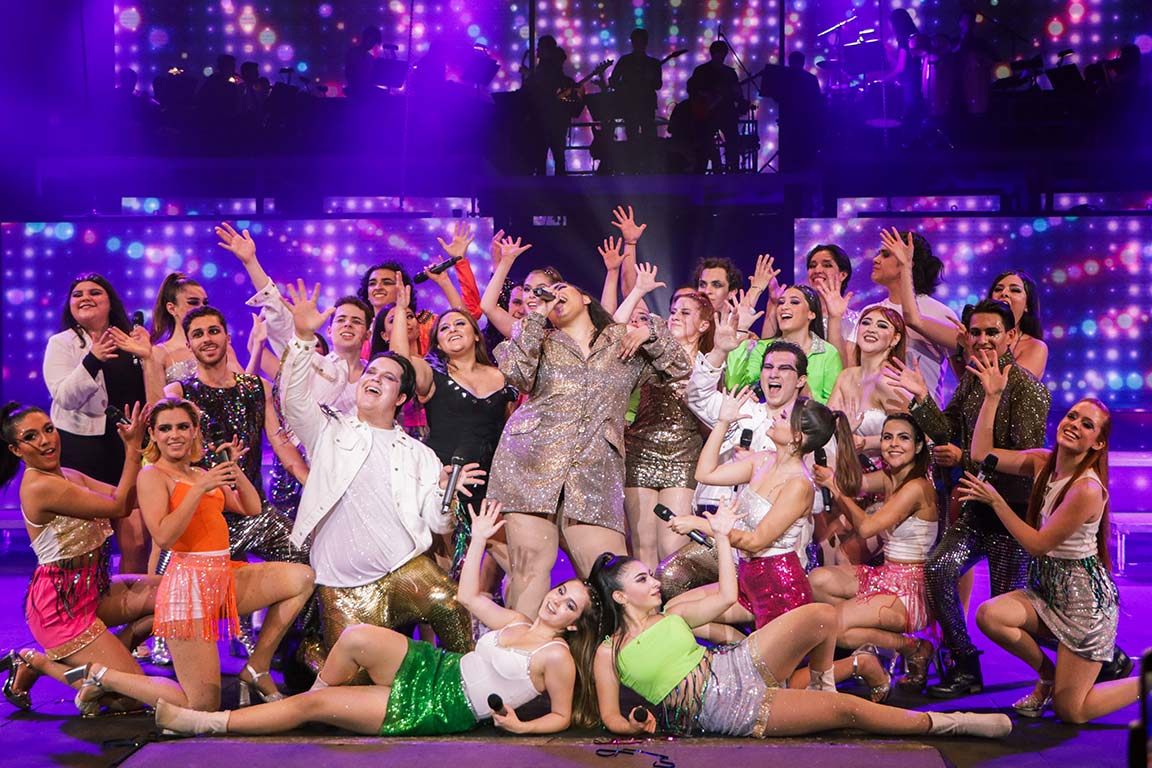
We believe that this makes theater a versatile art form that combines exercise and intellectual exposure with the representation of funny, moving, shocking situations, etc. There are very varied forms of theatrical representation, some of which do not even take place inside a theater, but in the street, and some even require the participation of the public that attends to appreciate the theater as such.
There are different versions about the "origin of theater", and although there are different forms of theatrical or scenic representation, such as shamanic dances, religious dances or ceremonies of all kinds that have taken place in human society since its very primitive times, we know that theater as art form dates back to classical antiquity, specifically ancient Greece.
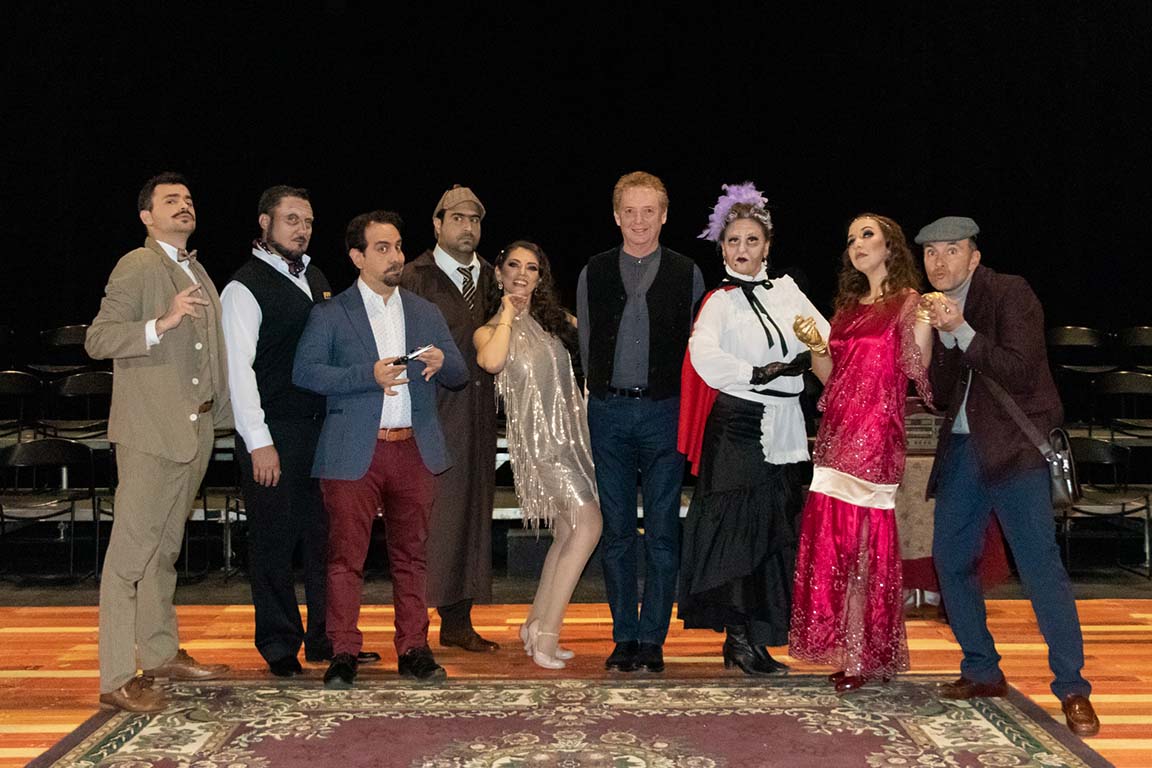
This does not mean that important antecedents do not exist in previously known cultures, such as the Egyptian. It is a culture where the presence of actors who disguised themselves with masks was common in the Middle Kingdom, telling the founding myths of the death and resurrection of the gods in which they believed.
However, we know that the Greeks were the first to cultivate the art of theater in a more profound way, to the extent that the word "theater" comes from a derivation of the Greek word théatron, which translates "place to contemplate" (from the verb theáomai, "to look", from which "theory" also comes).
Theater as an art form generally has the following characteristics:
It consists of the staging, that is, the live representation, of some story or situations, in which different characters interact. Said representation generally takes place on the stage of a favorable installation (a theater, amphitheater, auditorium, etc.), although it can also take place in other environments, public or private.
It is generally performed before a public or audience, which depending on the type of staging can be more or less involved in the piece, being passive spectators or having some degree of participation (real or simulated) in it.
It requires the performance of trained professionals with a lot of knowledge of the subject in the representation, who embody the different characters of the story and who give them life. Formerly, these actors were only men and used masks that illustrated the character of the character, something that still survives in oriental theatrical variants, such as the theater of the Japanese No.
The represented stories always take place in the presence of the public, that is, in a recreated present. Rarely does a narrator intervene to tell part of the story, although it is also possible.
The theatrical space can contain scenographic material (decoration and setting), as well as props, or it can appeal to the imagination to bring it all to life.


